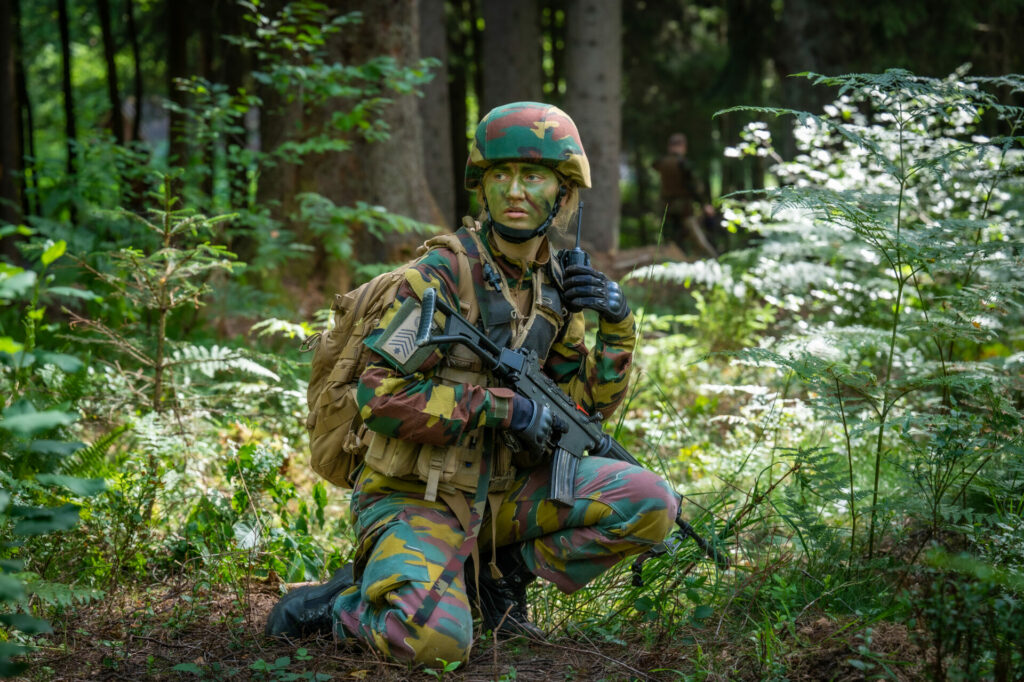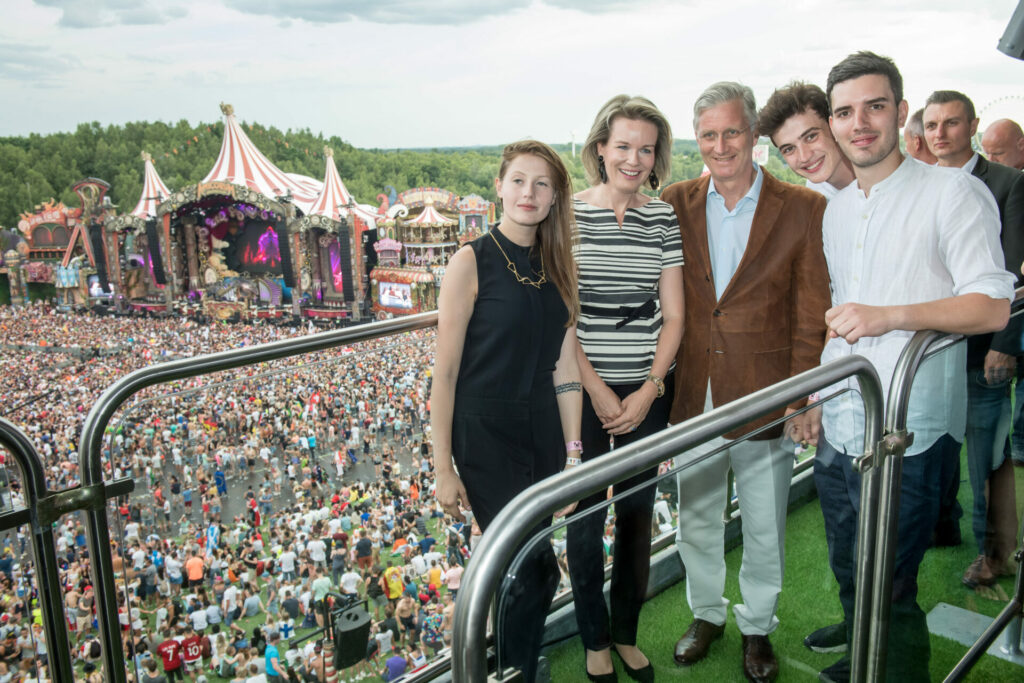Despite being a constitutional monarchy, support for Belgium's royal family is low compared to other European monarchies. The country won't become a republic anytime soon, but with just 58.2% of Belgians in favour of the monarchy, does the family need to reinvent itself?
For several key reasons, Belgians aren't especially attached to their royal family. In Flanders especially, support for the monarchy is low, with the population often favouring greater regional autonomy.
By contrast, Walloons are more accepting of Belgium's monarchy. Although multilingual, Philippe and Mathilde are francophone from birth, making it harder for the Flemish to identify with them. Moreover, the couple is discreet and Philippe has been known to come across as reserved and even awkward – certainly no media darling.
Elsewhere, the close ties between the British royal family and the press afford that monarchy a historically sympathetic coverage. The Danish Royal Run event provides an opportunity for their royal family to get closer to the people. And the Dutch queen makes headlines as an enthusiastic skydiver.
Belgium's Royal Palace understands the King's reserve and has made various PR pushes to present Philippe as personable, for instance his attendance at events like Tomorrowland or kitesurfed.
You can't choose your family
Philippe is the 7th King of Belgium and takes to heart his role as head of state and chief of the army. He is the eldest son of King Albert II and Queen Paola, whose troubled marriage distanced the young prince from his parents.
The parental divide was exacerbated when Philippe was moved from a French language school in Brussels, where he was said to be content, to a secondary school in Flanders where he as a teenager struggled to make new friends.
Yet Philippe is now considered a more forward-looking and sympathetic king than his father Albert. For starters, he recognised his half-sister princess Delphine – the child of an extra-marital affair by King Albert who only acknowledged Delphine's royal status after a DNA test.
Philippe's relationship with his younger brother has also been complicated. Prince Laurent has been known to fly without official authorisation, despite his status necessitating state protocol. Worse still, Laurent defended his ancestor, the brutal coloniser Leopold II, claiming that Leopold had nothing to do with the atrocities in Congo as he never went there.
What's the point of a monarch?
Constitutional monarchies serve as a non-political head of state whose continuity and impartiality is meant to stabilise a democracy.
Though Philippe hasn't controversy, he caused a minor scandal some years ago when as crown prince he lashed out at far-right party Vlaams Belang. The comment might have pleased a large portion of Belgians who find Vlaams Belang's stance extreme, but it nonetheless overstepped the apolitical role royal families are expected to take.
Yet the delicate line between espousing certain values and staying above the political fray can be difficult to tread. Less charged causes such as environmentalism or mental health have been embraced by other royal families. In Belgium, the popular Queen Mathilde has promoted mental health.
Related News
- Belgian Royal Family to travel to Greece for funeral of Constantine II
- The life of Constantine II, Greece's last monarch
- Royal life: Queen Mathilde celebrates her 50th birthday
On the issue of empire, Philippe made a momentous state visit to the Democratic Republic of Congo last summer in which he expressed his "deepest regrets" for Belgium's atrocities. Yet he stopped short of offering a formal apology.
Unlike in the UK, where the monarch's role is purely ceremonial, King Philippe has had to serve an active political function when a government could not be formed. In an effort to resolve the political turmoil, the king held negotiations between party leaders. Yet the influence of royalty on politics is a topic most Belgians would prefer to avoid.
By comparison, the Netherlands curbed the head of state's role in forming a government in 2012.
Future of the monarchy
The Belgian Head of State has more in common with Spain's monarchy than the UK's. Yet Belgium's arrangement between language communities complicates affairs. The monarch needs to adapt to how the Belgian model evolves.
"Since the beginning of his reign, King Philippe has taken into account the different sensitivities and played his role as bridge builder," explained Vincent Dujardin, Professor of contemporary history at UCLouvain.
King Philippe supports slimming down the monarchy, such that only the direct royal line is supported by the state.

Crown Princess Elisabeth at a summer camp of the Royal Military School. Credit: Belga / Erwin Ceuppens
That direct line now goes through Crown Princess Elisabeth who is already a popular figure. Though generally shielded from the media spotlight, Elisabeth has spent time at the Royal Military Academy and currently studies history and politics at the University of Oxford.
The Crown Princess' outlook is resolutely European – a focus that her father has been keen to emphasise. As Dujardin points out, Belgium can act as a European capital – "a 'go-between' between North and South, or between West and East."
Not only a symbol of the country united, Belgium's royal family might also be seen as a living metaphor for a united EU.

